
- Email yeldocollegesmd@gmail.com
- CALL +91 98461 10506 +91 98468 77776

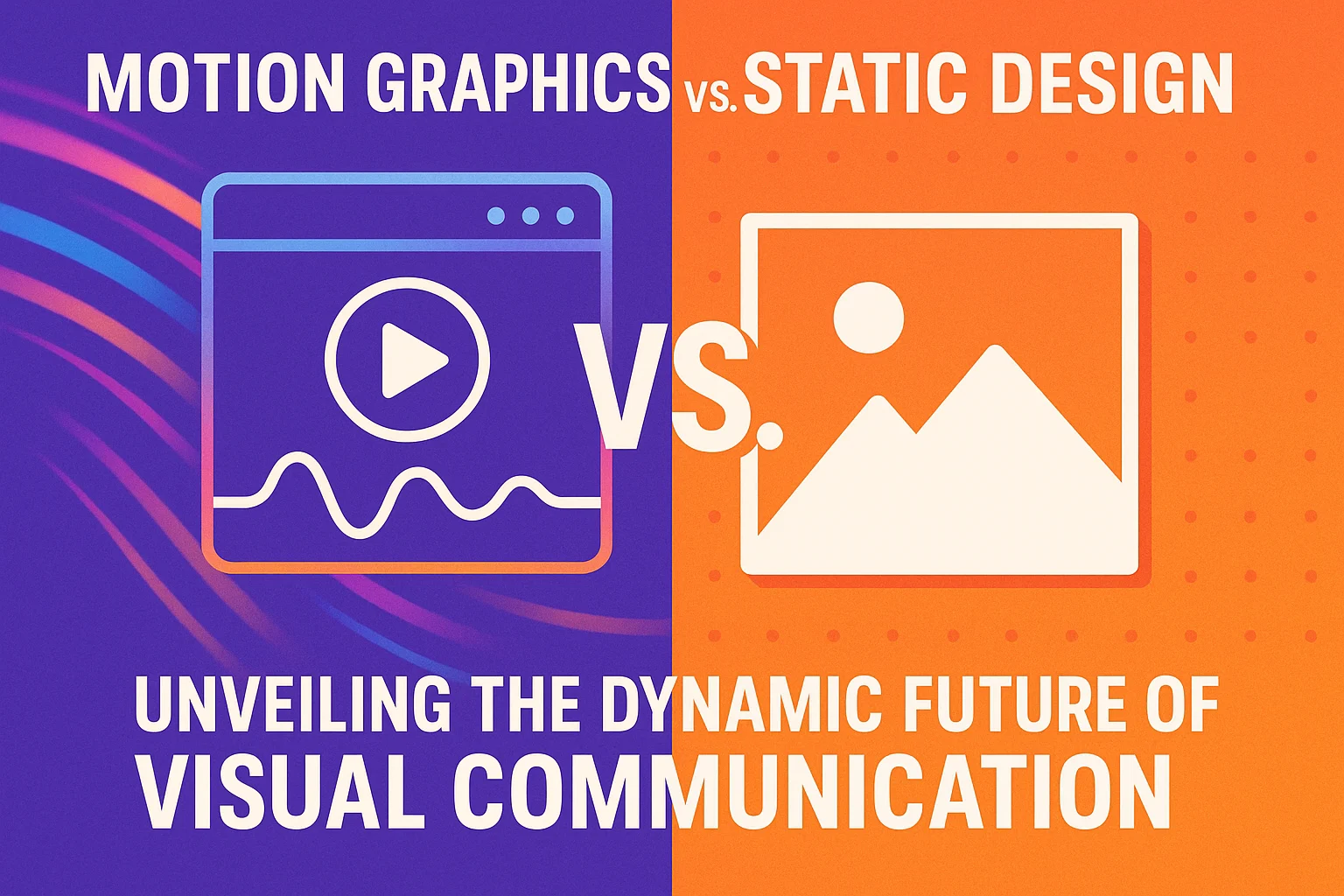
Graphic design is highly changed in this digital design evolution. What once focused on still images has now moved toward movement and interaction. Visual content has become the heartbeat of brand communication, shaping how people connect with ideas and stories. In a world that loves engaging contents, one big question stands out: In Motion Graphics vs Static Design, is motion graphics becoming the future of design? At Yeldo Mar Baselios College, this shift in Visual Communication shows how designers must adapt to stay creative and relevant.
Static design definition tells, it's the visuals that don’t move. It focuses on clarity, simplicity and quick loading times. You will find it in blogs, news websites and printed materials like brochures and logos. Static design works best when the goal is to share information clearly without distractions. It follows fixed elements with strong graphic design rules like balance, typography and layout, making it perfect for clean and direct communication.
Motion graphics take still designs and add life through animation, sound and movement. They help tell stories and hold the viewer’s attention. From explainer videos to social media posts, motion design plays a big role in creating memorable experiences with dynamic visuals. In motion graphics definition, It improves user experience with smooth transitions, micro-interactions and instant feedback. In today’s digital marketing world, motion helps brands stand out and connect emotionally with their audience.
In Motion vs Static Design Comparison, static design gives quick information, while motion graphics pull people in through interaction. Static visuals are simple and fast, but motion design creates emotion and user feedback. Motion helps explain complex ideas and shows how something works step by step. It also builds stronger emotional connections by making visuals feel alive and human. Both styles have value, but motion adds depth and energy that static design can’t always offer.
Both motion and static designers rely on the same basics, composition, colour and typography. Static designers often use graphic designer tools like Photoshop, Illustrator and InDesign. Motion designers go further with software like Adobe After Effects, Blender and Cinema 4D and certain motion graphic designer skills. They also learn animation timing, transitions and storyboarding. No matter the path, every motion designer needs a solid foundation in graphic design and before adding movement.
Technology is changing how motion graphics are made. AI design tools now help with repetitive tasks and even suggest creative ideas. Augmented Reality (AR) and Virtual Reality (VR) are opening new doors, blending digital visuals with real-world experiences. These tools let designers create 3D environments that audiences can explore. New styles like Retro Futurism and Minimalist Maximalism show how creative and experimental design is becoming. The Future of Motion Graphics is immersive, interactive and full of possibilities with the motion design trends 2025.
Static design will always be important, but motion graphics represent where the industry is headed. Both offer strong design career growth, especially in digital marketing, media and education. Designers who keep learning and upskilling will stay ahead in this fast-changing field. Mastering motion graphics and motion graphics career demand is not just about keeping up, it’s about leading the future of visual communication.
Students at Yeldo Mar Baselios College can start their journey into motion design through animation and graphic design courses. Learning tools like Adobe After Effects and Premiere Pro helps build professional skills for today’s creative industry. Enroll in the Yeldo Mar Baselios Design Courses to learn motion graphics, gain hands-on training, industry knowledge and confidence to shape the next wave of visual storytelling.
Tags: motion graphic vs static design

February 25, 2026
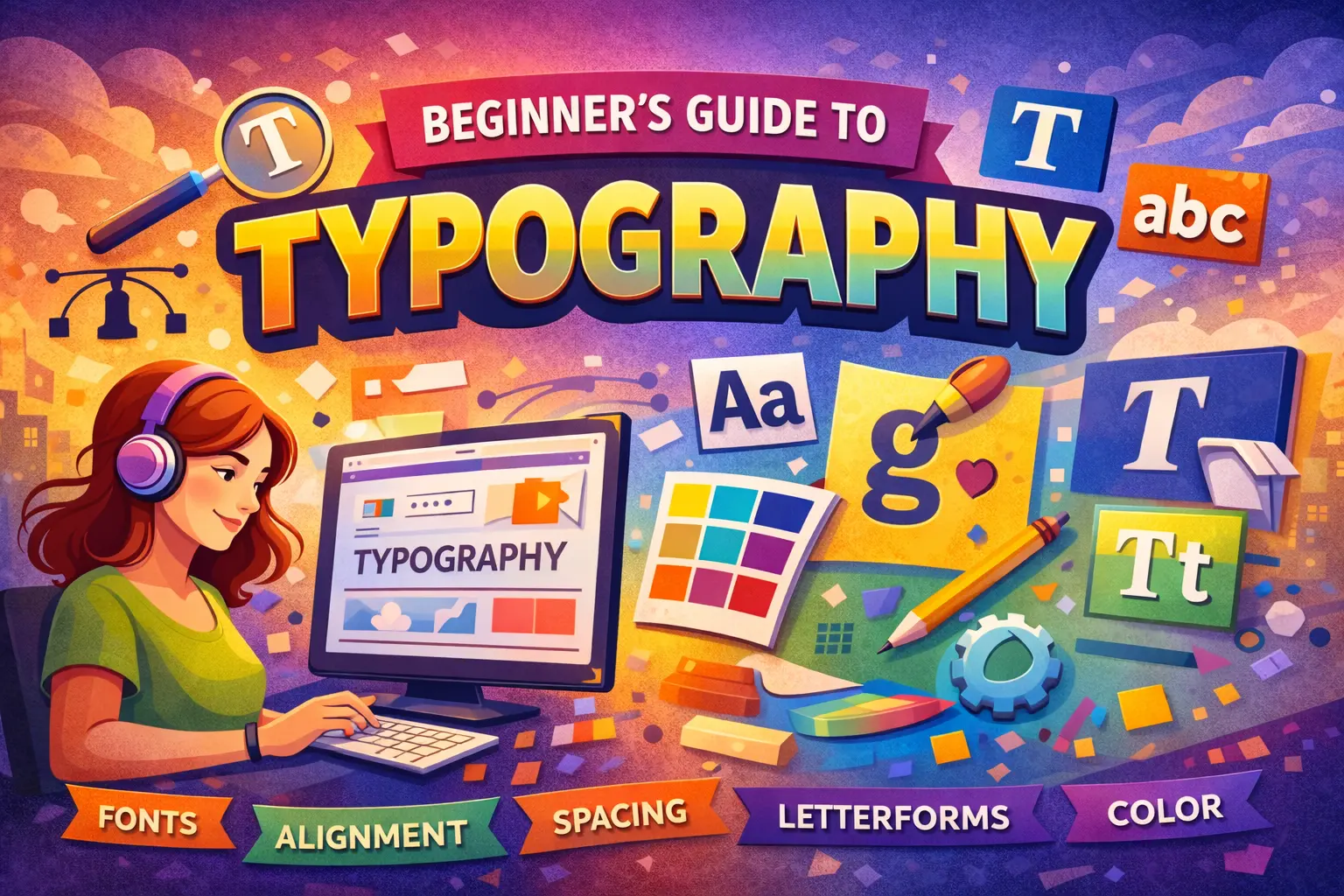
February 25, 2026

February 14, 2026

February 11, 2026

January 19, 2026
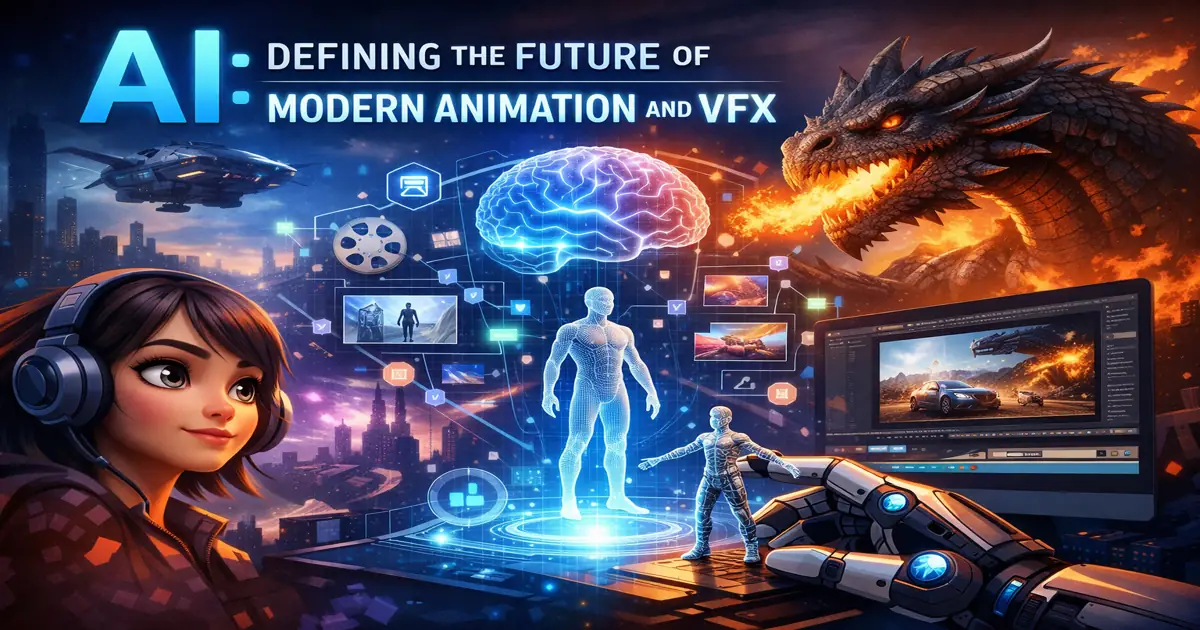
January 17, 2026
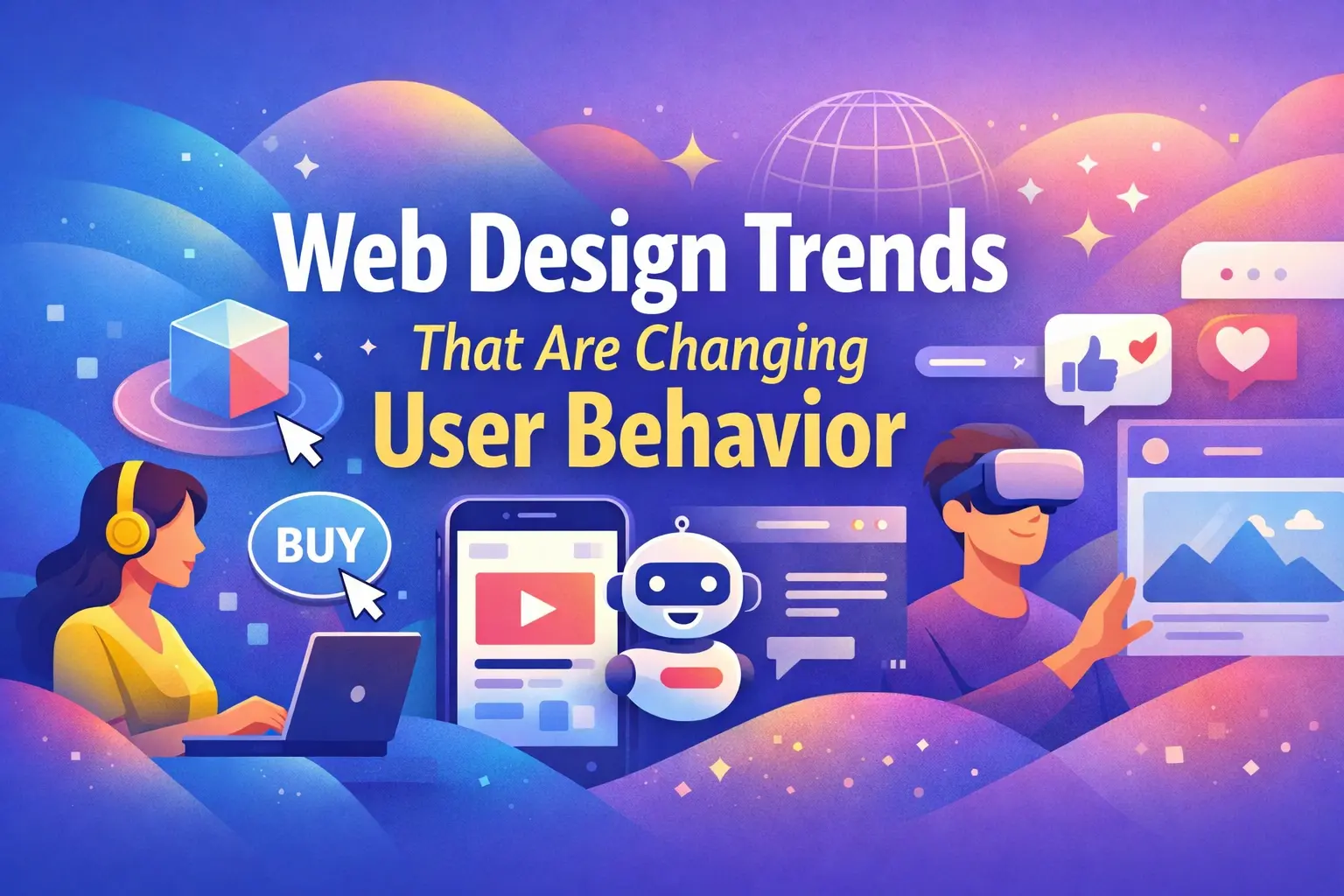
January 09, 2026
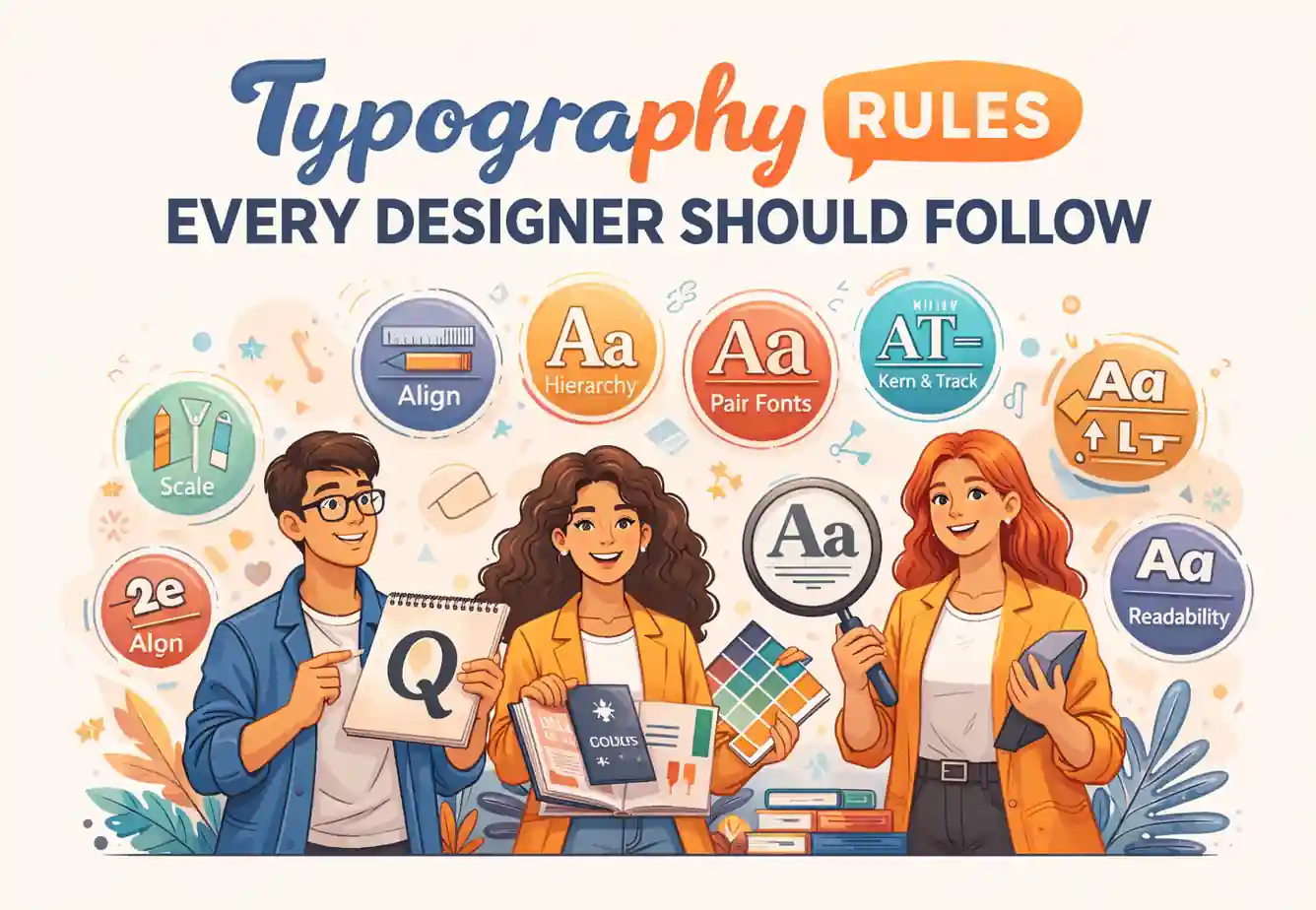
January 07, 2026

December 29, 2025

December 26, 2025
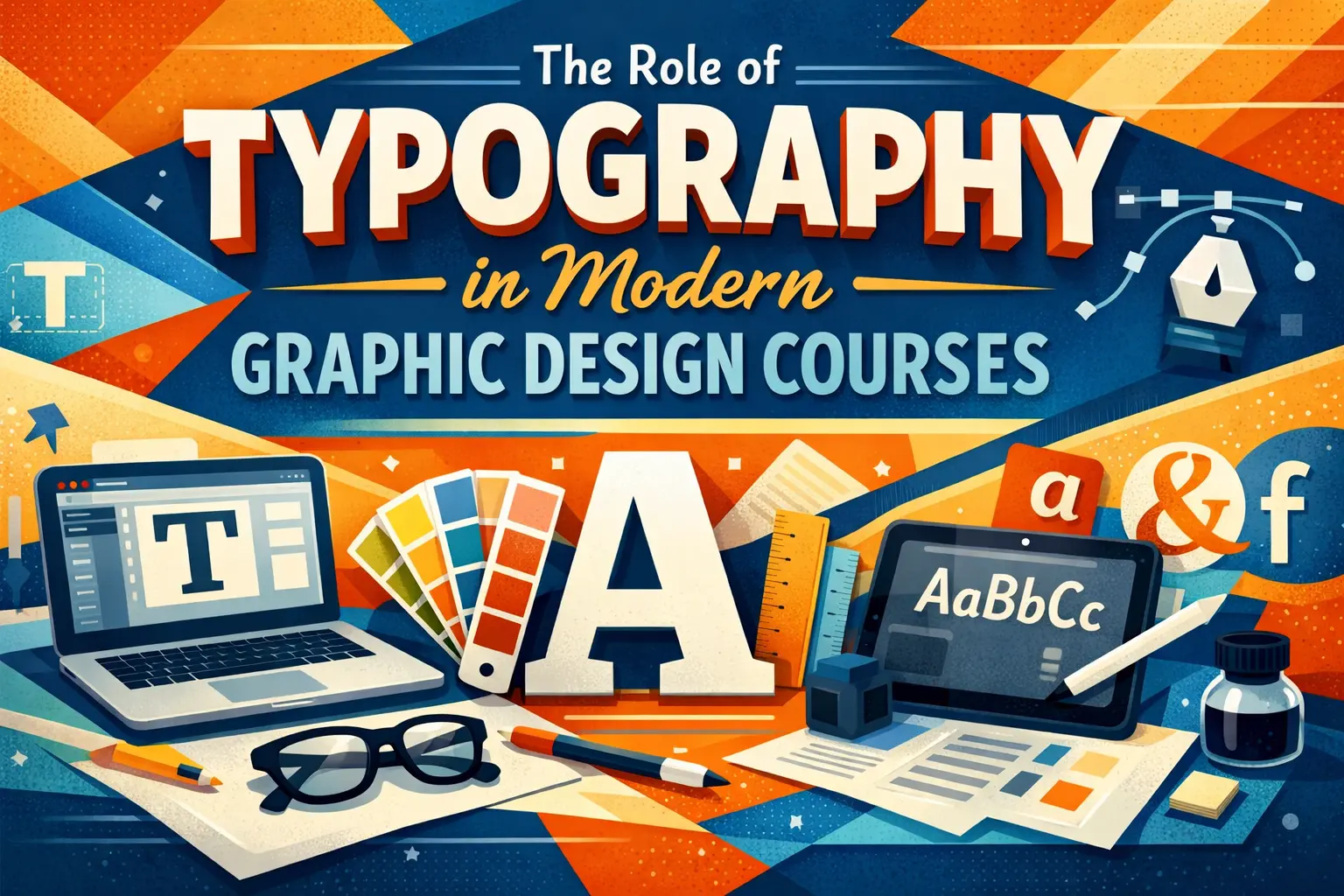
December 24, 2025

December 17, 2025
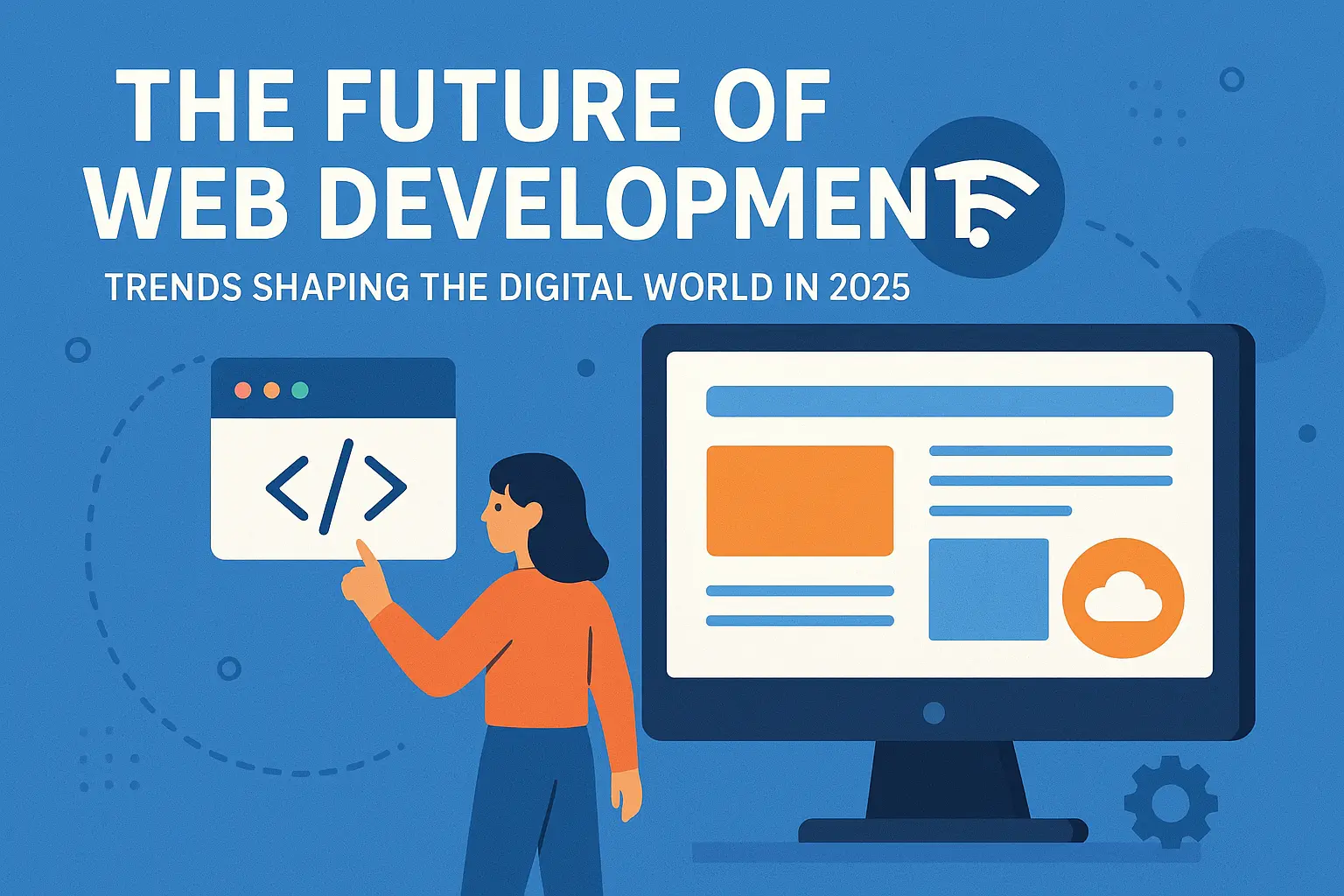
November 26, 2025
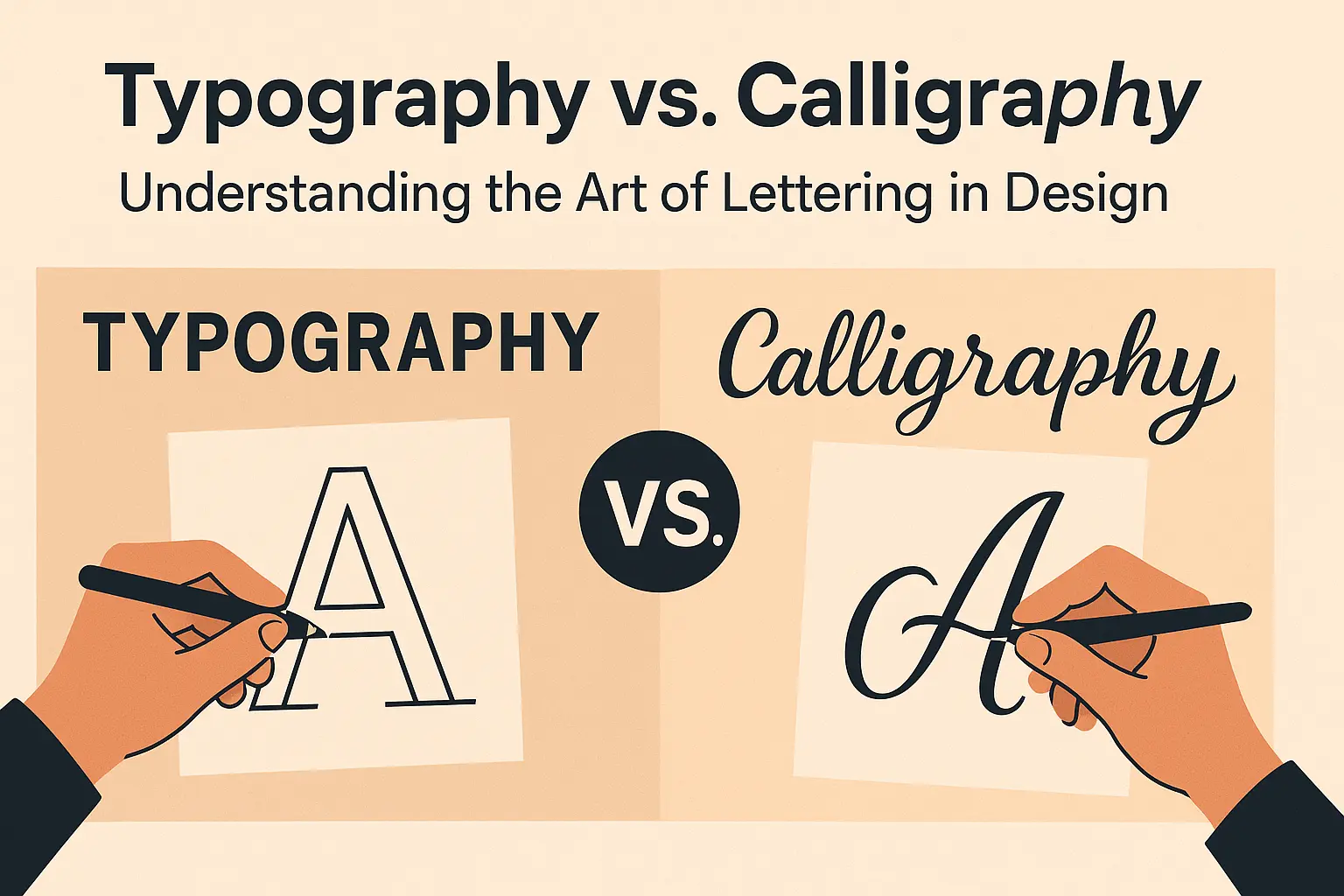
November 24, 2025

November 12, 2025
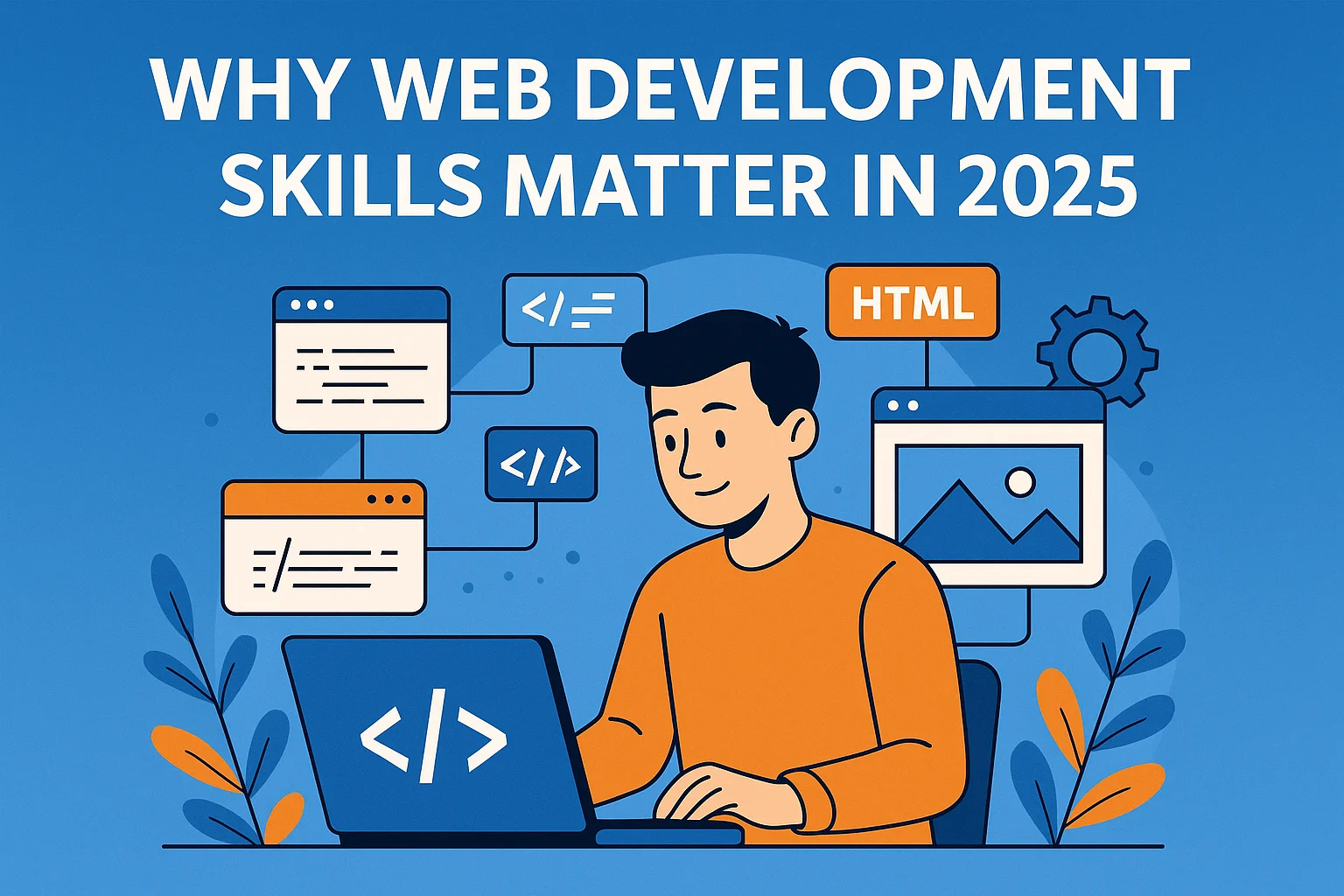
November 12, 2025

October 30, 2025
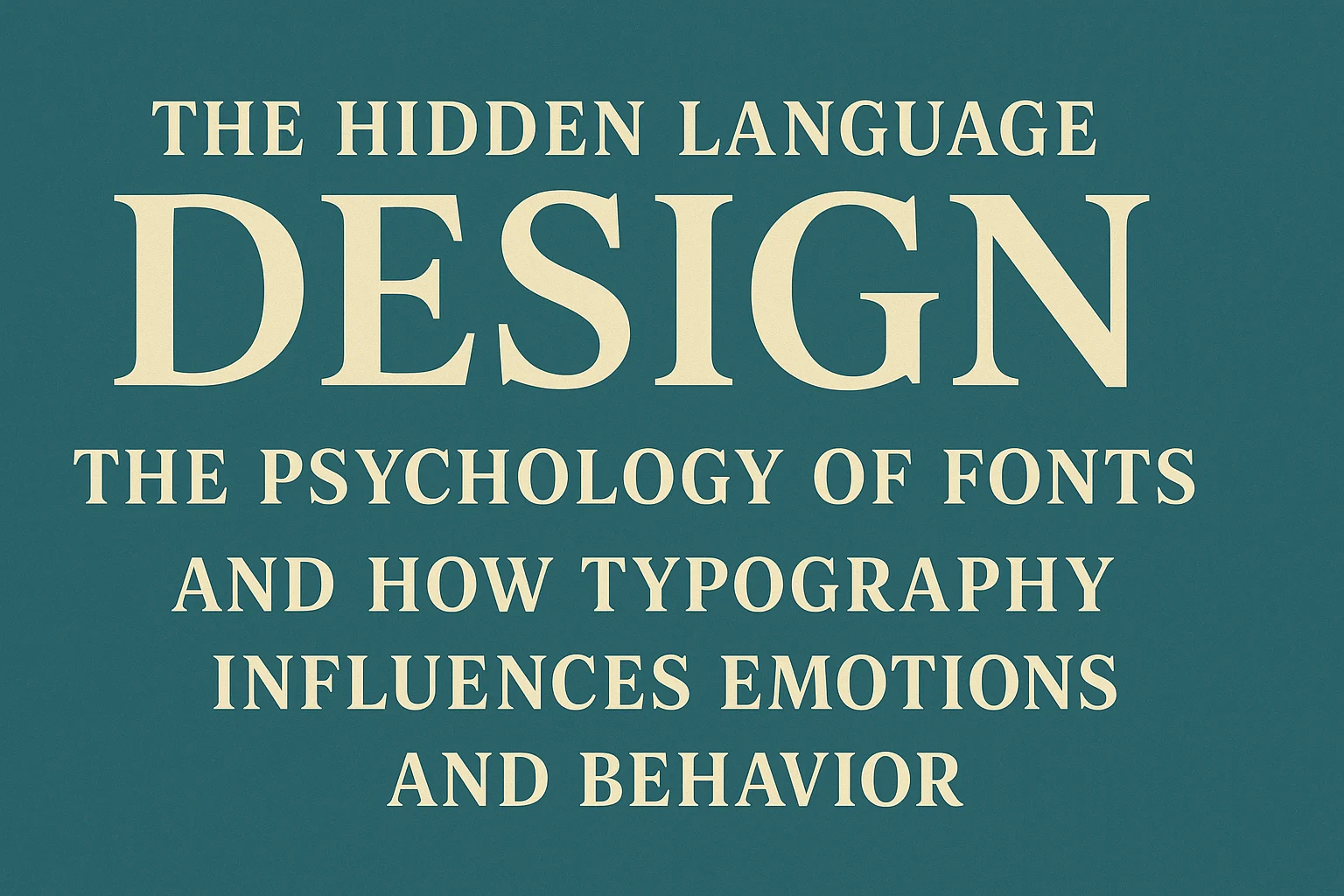
October 25, 2025
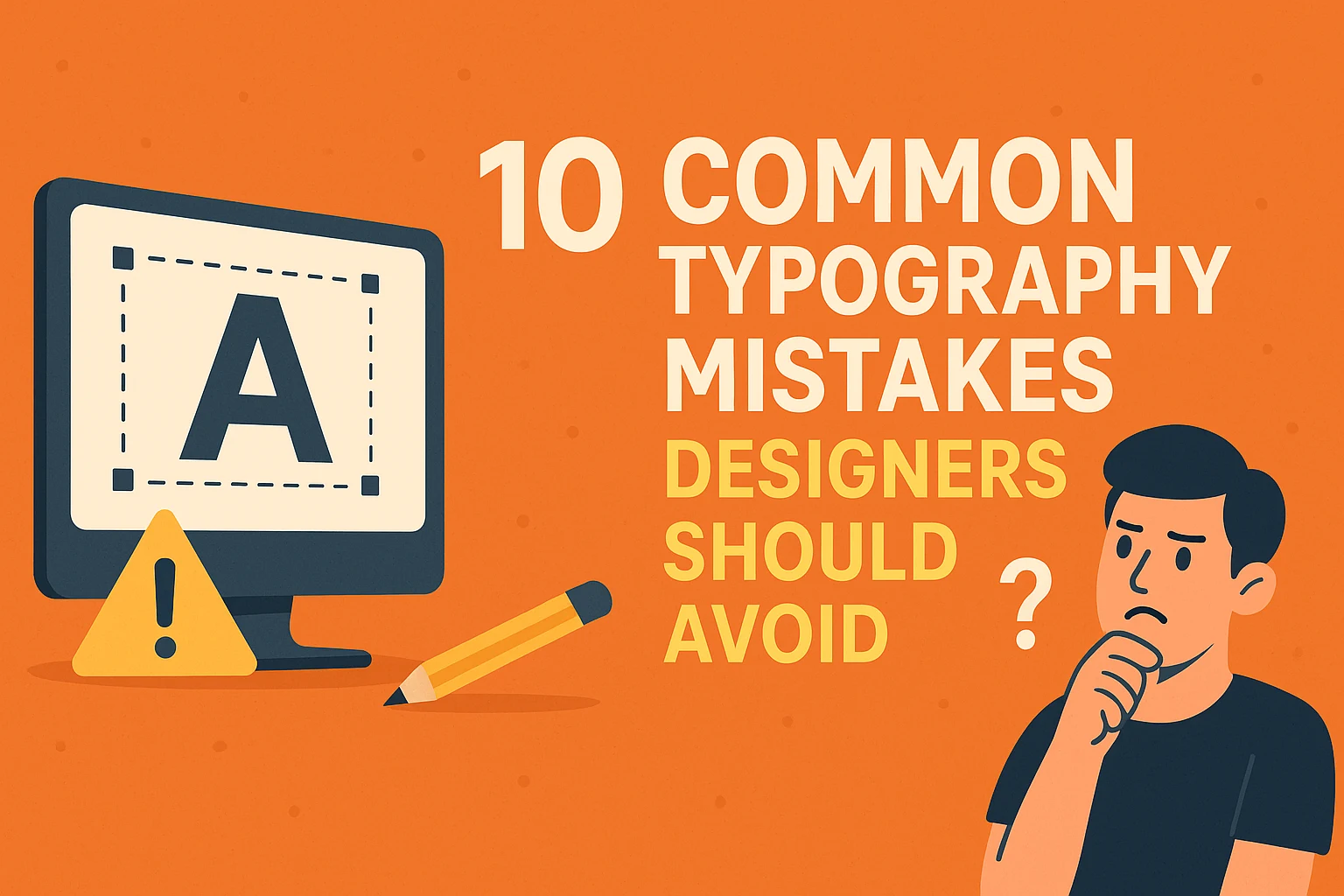
October 25, 2025

October 25, 2025
September 27, 2025
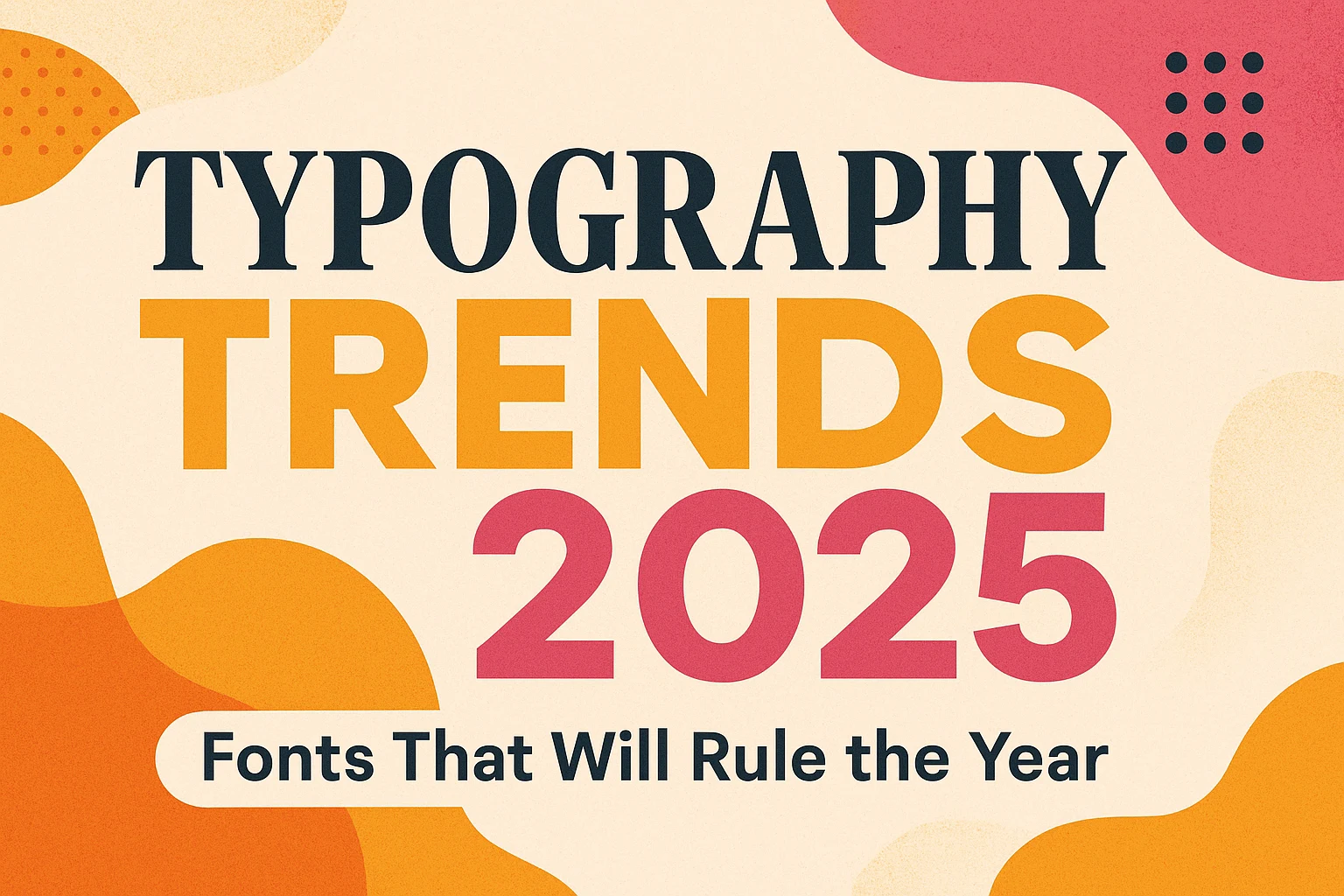
September 22, 2025
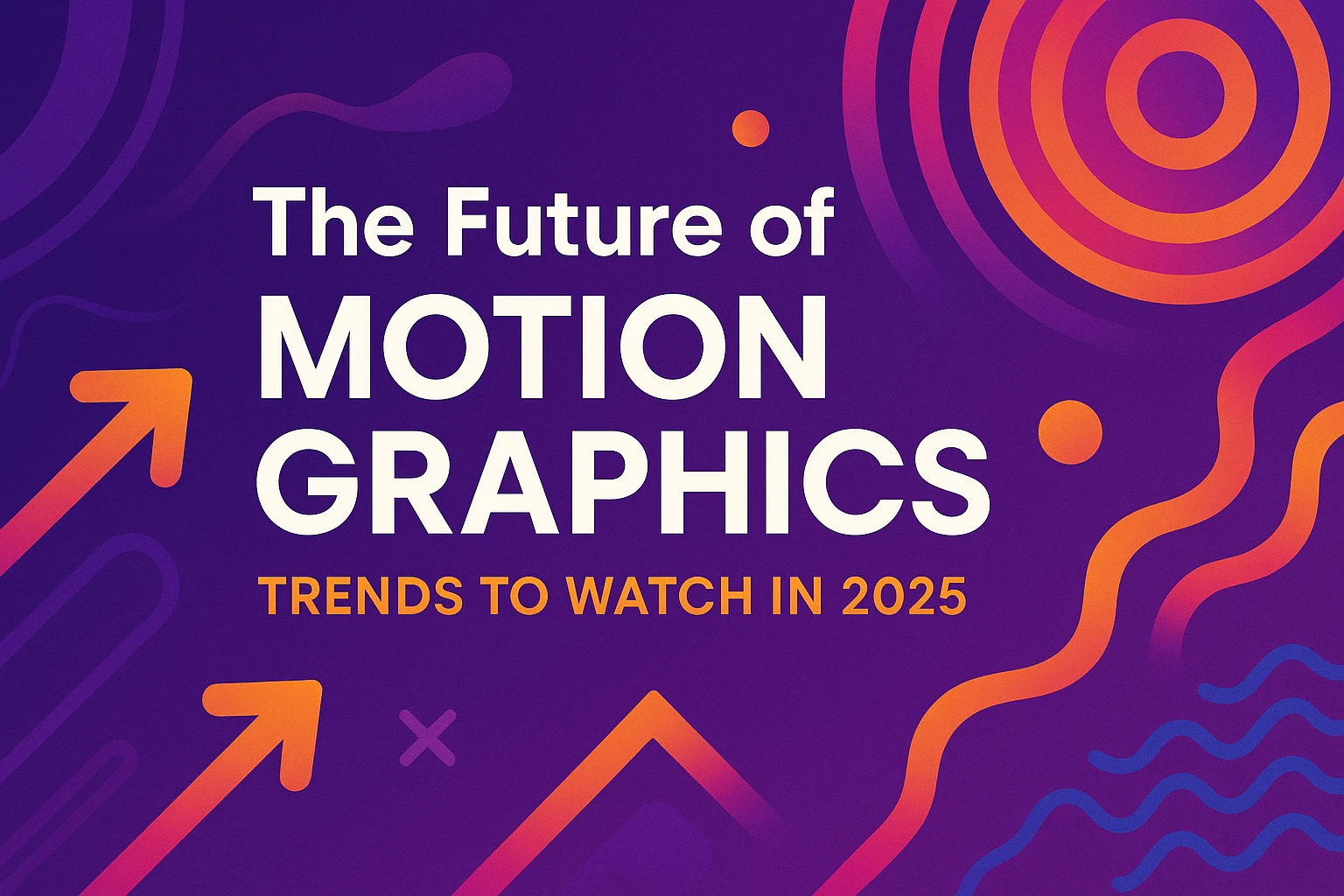
September 22, 2025
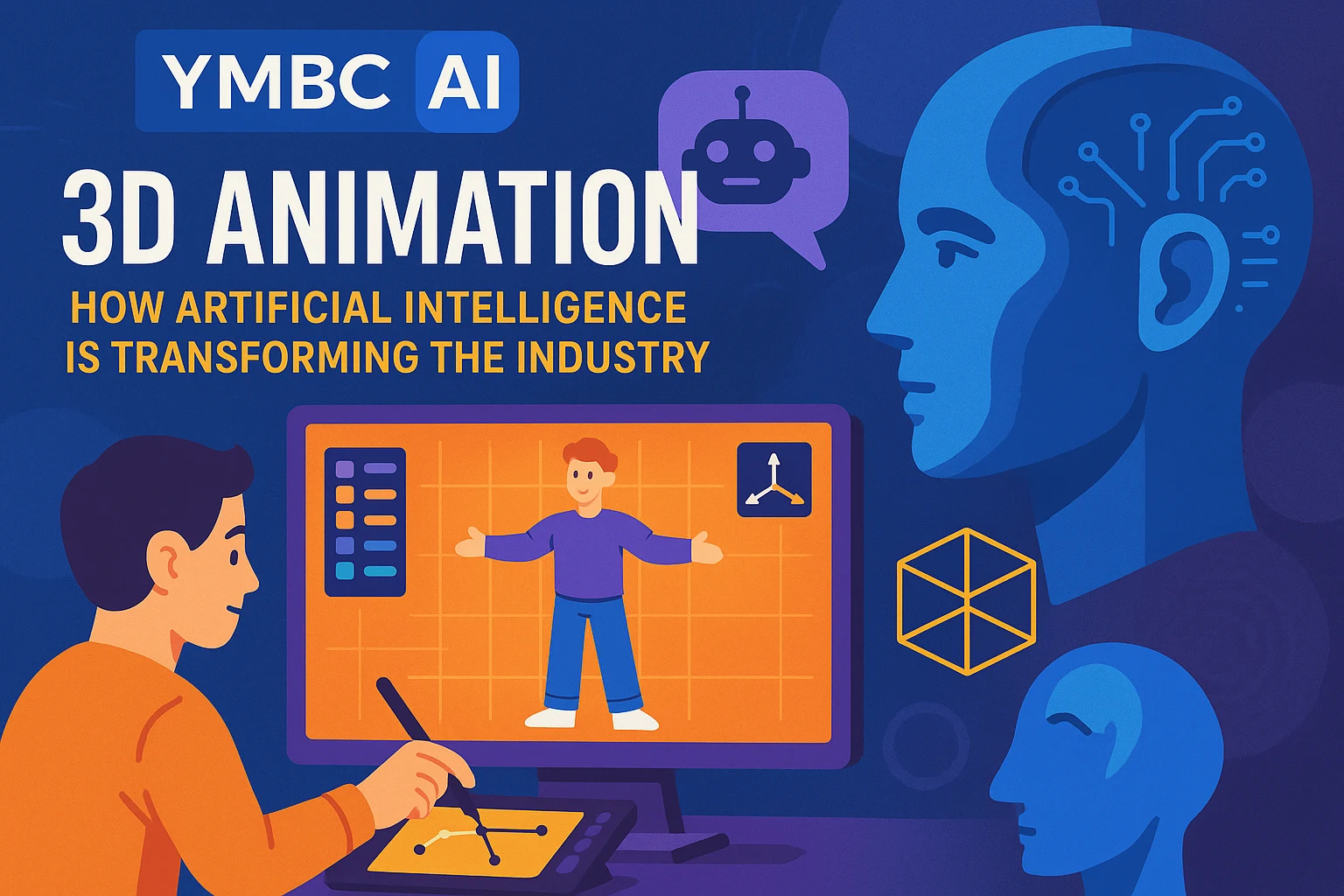
September 19, 2025

August 22, 2025
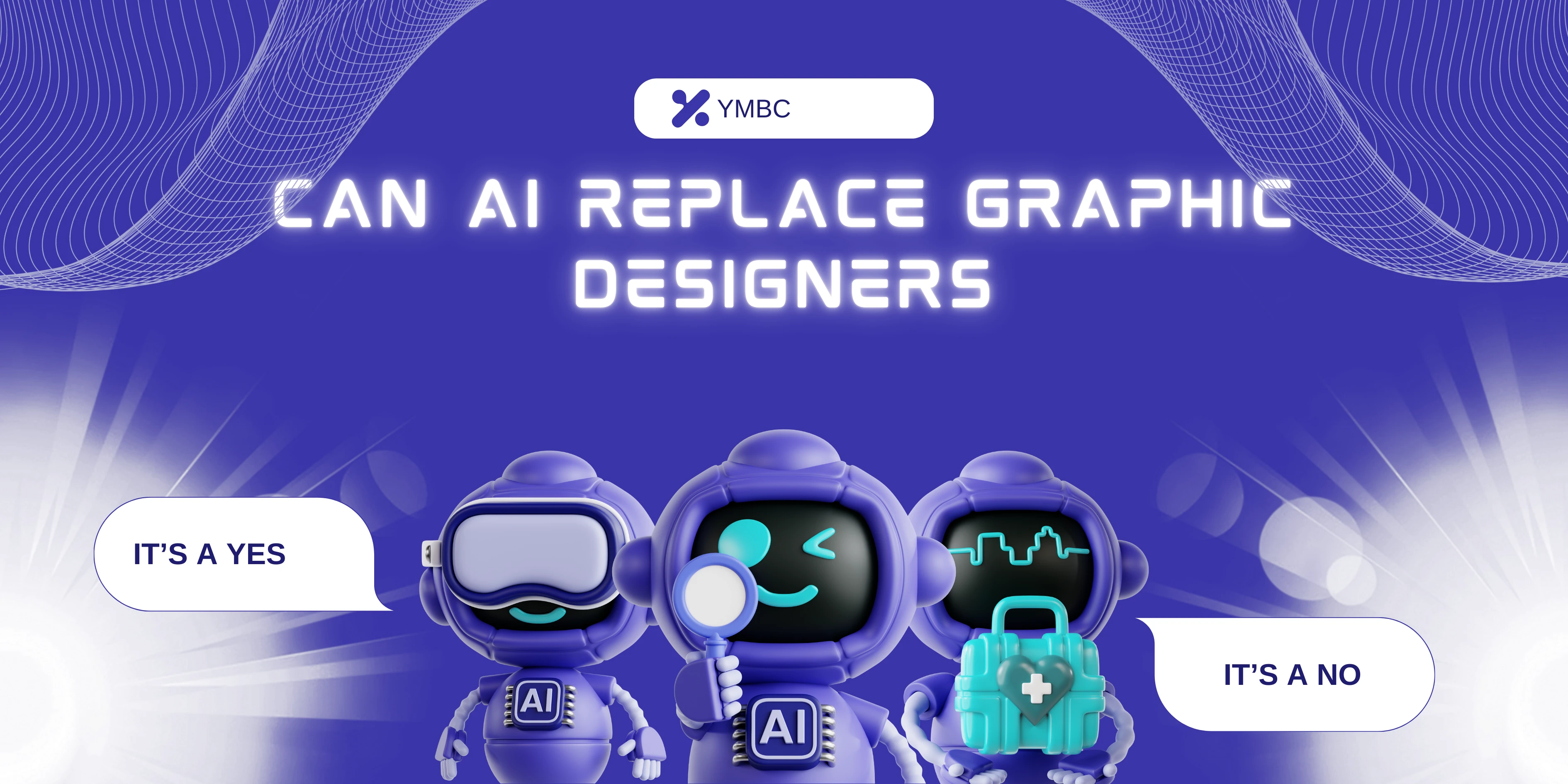
August 22, 2025

August 22, 2025

August 21, 2025

July 25, 2025
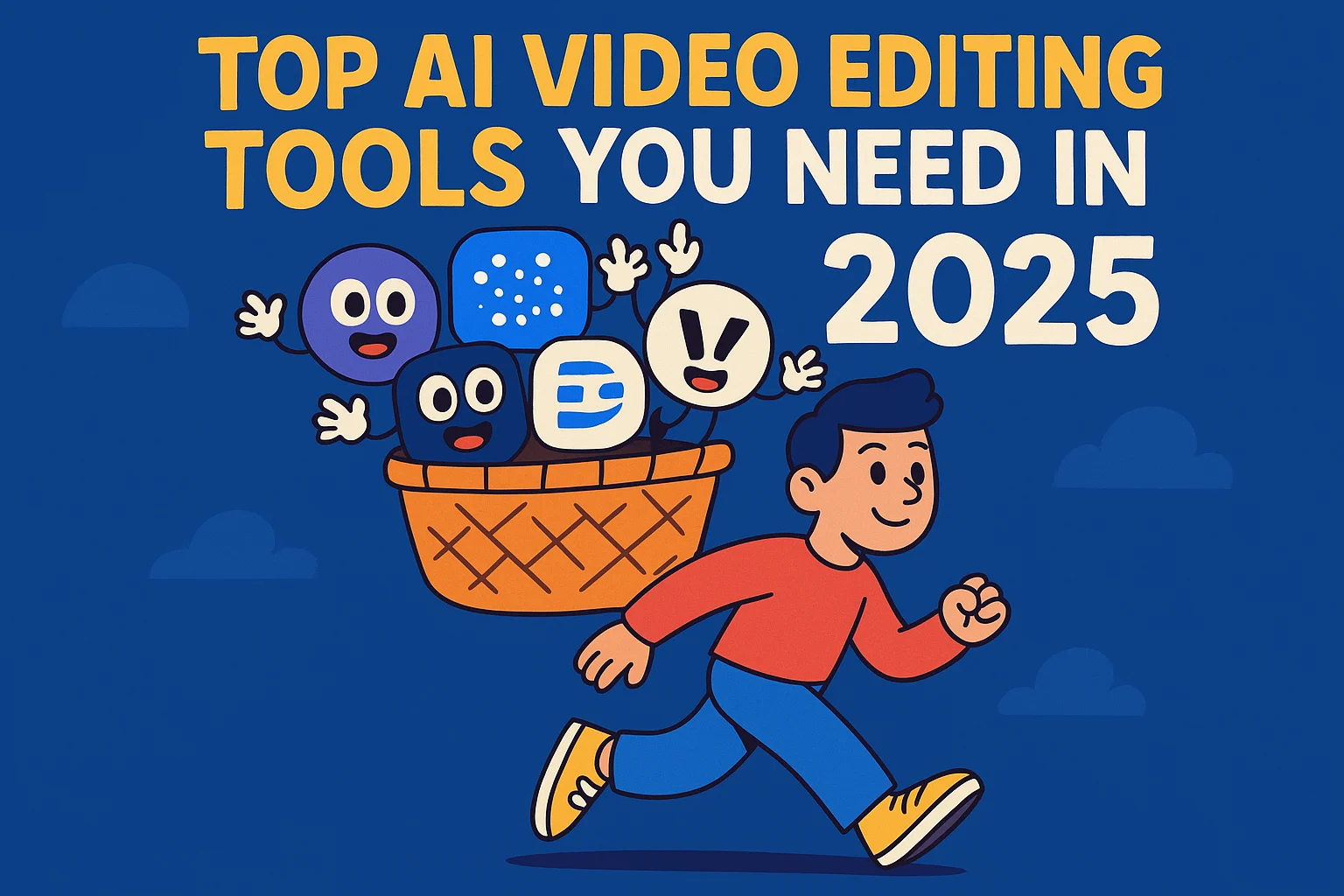
July 25, 2025